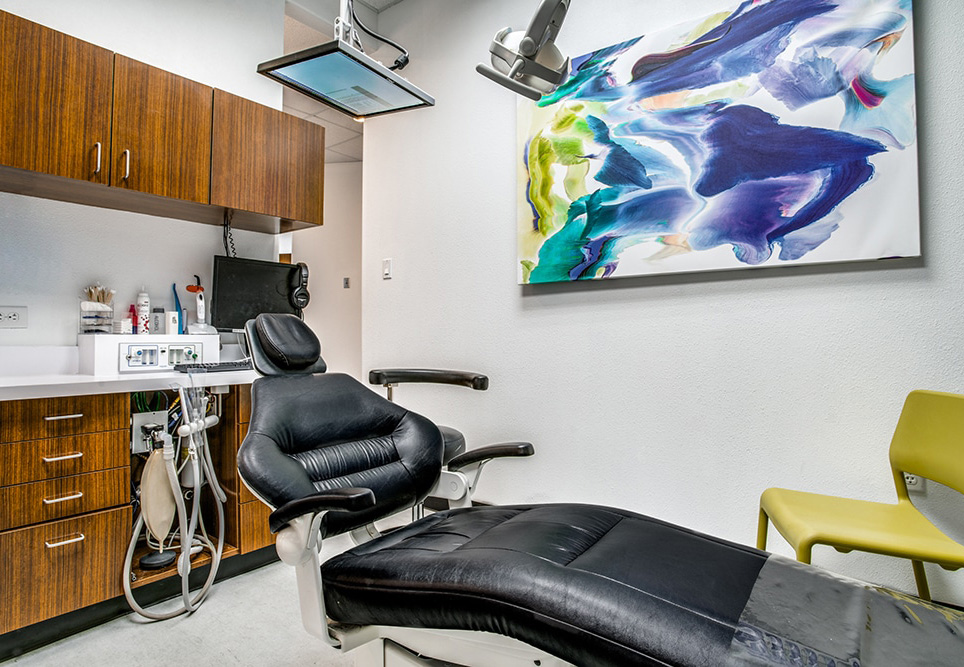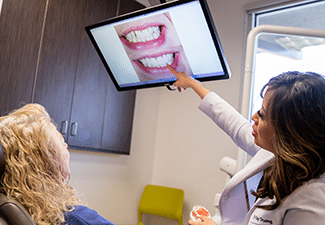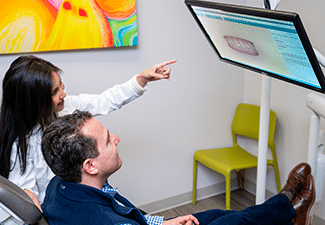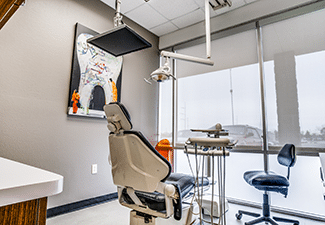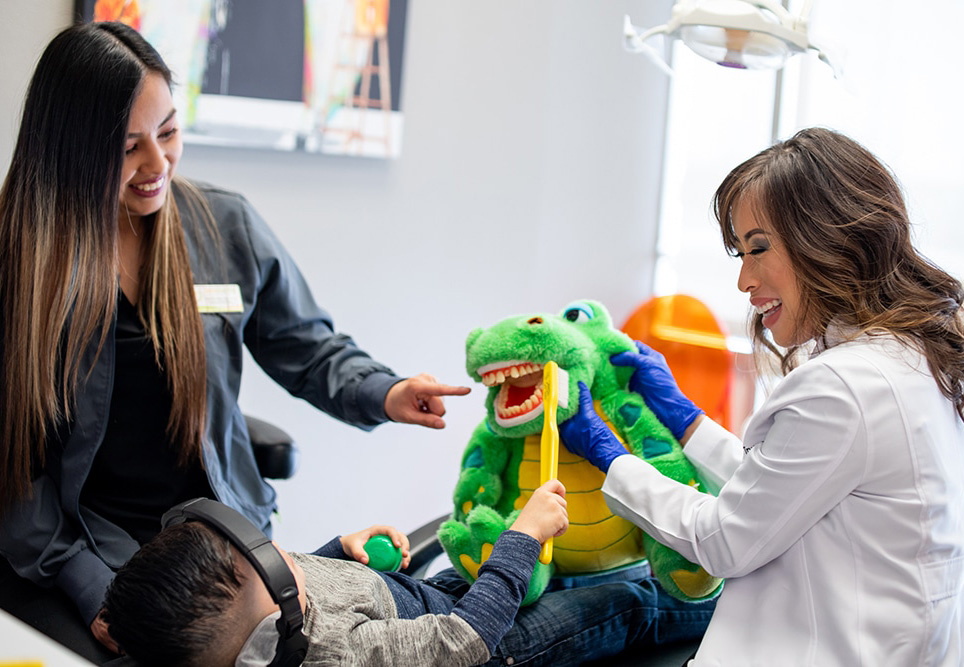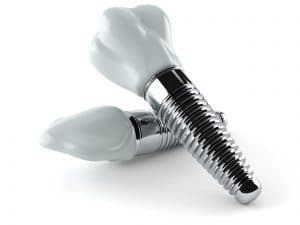
2020 is here, which means now is a great time to take stock of your life and see what improvements you would like to make. If you have unsightly gaps in your smile due to tooth loss, why not talk to your Dallas, TX, dentist about a long-lasting and lifelike solution? With dental implants, we have a unique option that replaces missing teeth and helps protect smiles from the complications related to minor and severe tooth loss. How do we replace missing teeth with dental implants, and what makes someone a candidate for this natural-looking solution?
Why Do We Lose Our Natural Teeth?
As we grow older, the risk of losing our teeth increases. In fact, a study by the American Association of Oral and Maxillofacial Surgeons shows that by age 74, 26% of us have lost all of our teeth. While we can lose them due to injury or advanced decay or infection, the most common cause is periodontitis. The advanced stage of gum disease, periodontitis actually severs the tissues connecting your teeth and gums, so they become loose and eventually fall out. Gum disease is the number one cause of tooth loss in adults in the United States. However, by understanding the causes of gum disease, you can take steps to avoid the loss of your adult teeth, such as daily brushing and flossing, routine visits for checkups and cleanings, and healthy food and drink habits.
The Benefits of Tooth Replacement with Implants
When we lose a tooth, the body takes note and will often respond by suspending the flow of nutrients to the jawbone. Deprived of crucial doses of calcium and phosphorus, the jawbone could begin to break down, a process that causes loss of mass and density and leads to further tooth loss and for some, an aged appearance. Missing teeth could also mean that surrounding teeth drift from position and cause misalignment. Not only will misalignment impact your smile’s beauty, but uneven teeth have been linked to a higher risk of tooth decay and gum disease. Poor bite imbalance as a result of tooth loss could also lead to a higher risks of painful jaw joint disorders, like TMJ disorder or bruxism (chronic teeth grinding). Finally, when we lose our teeth this often leads to problems eating a variety of foods and even difficulties speaking clearly!
Dental implants are a different replacement option. They don’t need crowns to attach them to natural teeth like a bridge, and they don’t rely on metal clasps or suction like partial or full dentures. Instead, we actually insert them into the jawbone, where they act like natural tooth roots!
Placement and Restoration
Before we place them, our team will first need to assess your candidacy. We will make sure you have enough jawbone tissue to support a new tooth and if not, we can offer bone grafting to shore up your jawbone structure. We also look for underlying health issues that could threaten a new tooth, such as gum disease of infection. Treatment to reverse or manage these concerns will be necessary before we move forward.
Using advanced technology, we will carefully plan the placement process and in an oral surgical procedure, insert the dental implant into the jawbone. A screw-like device made from biocompatible titanium, the device will actually bond with the bone tissue through a process known as osseointegration. This process means your dental implant is accepted by the body as a new tooth root, stimulating the growth of jawbone tissue and ensuring your new tooth root can last for decades to come, possibly even a lifetime!
Now, we move onto the visible portion of your new tooth. We take steps to ensure your new tooth looks natural and blends seamlessly with your smile. For a single tooth implant, we will add an abutment and attach a custom-made dental crown. The crown will be created from lifelike materials, which we can be shaded to match nearby teeth, and will be able to absorb bite forces and pressure. You can once again enjoy your favorite foods, and obtain a smile that looks full and beautiful. In fact, we may whiten your teeth before we create your crown to ensure it matches your brightest possible smile. Now, if you have more than one tooth being replaced, we may craft a custom bridge or denture to attach to the implants. This prosthetic will last much longer than most bridges and dentures, and offer natural-looking replacements that never slip when you eat or speak, and don’t need to be removed for cleaning or soaking!
Caring for Your New Teeth
Just like your natural teeth, your new ones will benefit from routine care. After all, gum disease could still cause them to fail and become lost. You should continue to attend routine checkup and cleaning visits, so we can monitor your smile and watch for visible signs of trouble, administering treatment before your new smile is threatened. Next, make time to brush your teeth twice daily for two minutes using a fluoride toothpaste, and floss every night before going to bed. Try to avoid cigarettes and tobacco products, and enjoy a diet with fewer sugary and starchy foods and drinks. These steps will not only safeguard your natural teeth, but your new ones as well. If you have any questions about addressing tooth loss, or if you would like to schedule a consultation to see if our implant options are right for you, then contact our team today to learn more.
We Want You To Enjoy a Full Smile in the New Year
Whether you have lost a single tooth, or several, our team can use advanced technology and treatment options to help return your smile to full function and beauty, with new teeth that could potentially last a lifetime. For more information on replacing your lost teeth with implant dentistry,as well as tooth loss prevention tips, then schedule a consultation by calling the Viva Dental Family Dentistry office nearest you at (214) 337-7800 (Dallas) or (972) 437-6000 (Richardson). We’re proud to serve residents of Dallas, Richardson, and surrounding communities!







